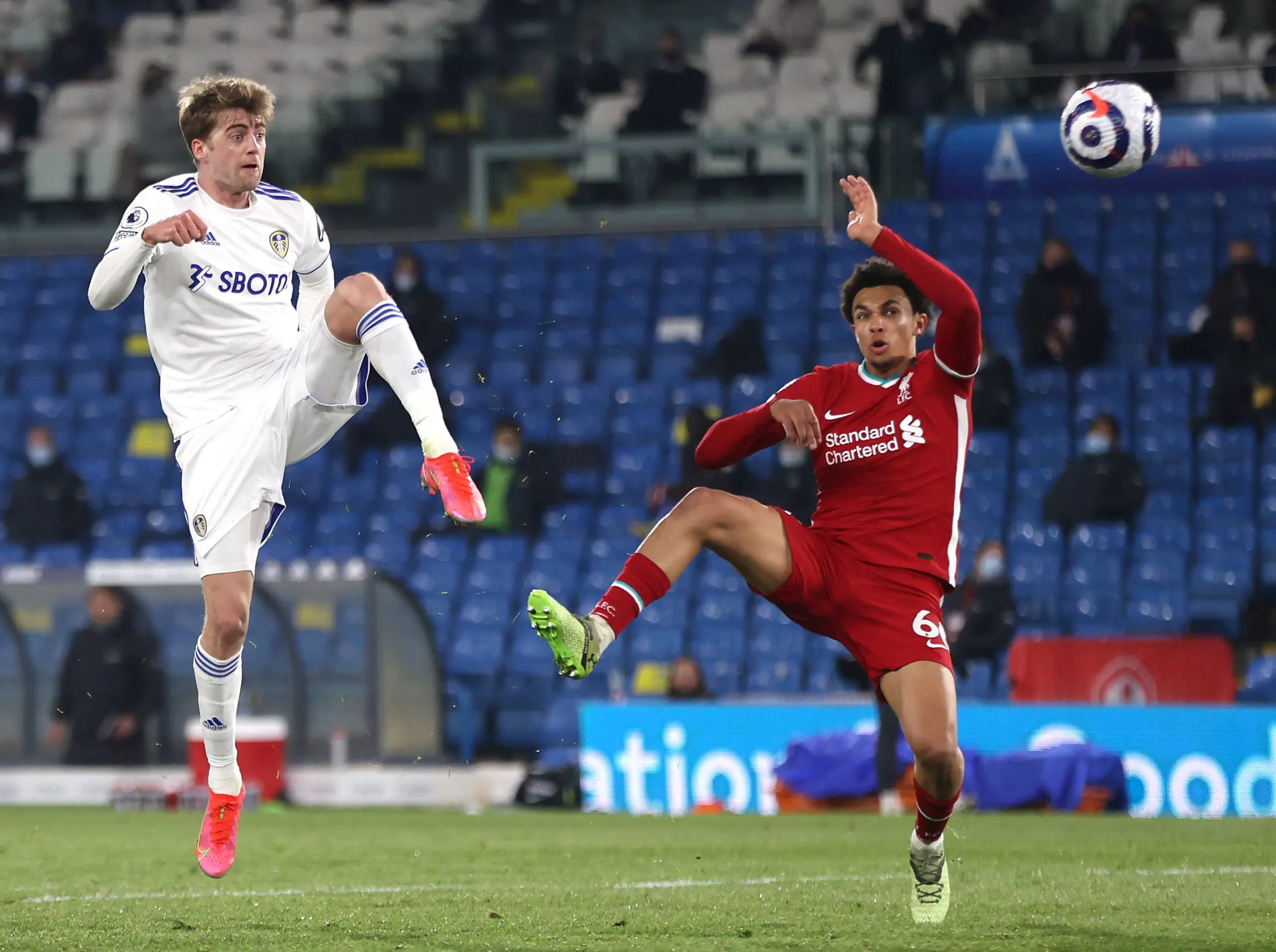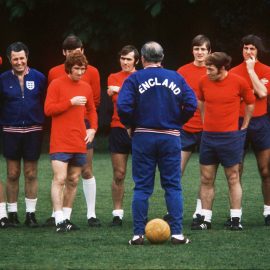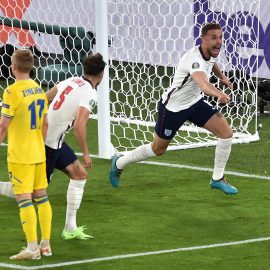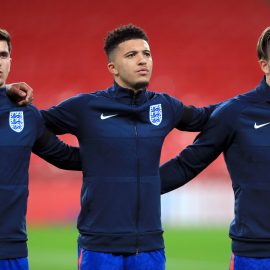John Terry has made his way into the headlines again, and now the British public want his head on a pike. His exploits when he was younger have been ignored, as have his mothers and step mothers theft, his fathers supposed drug dealing and his secret tours of Cobham training ground.
Now that the alleged affair with former team mate Wayne Bridge’s girlfriend has come into focus, surely the centre half will be forced to step back from his position. It is entirely foreseeable that the players among the England squad will have lost some of the respect they have for John Terry, and this can only lead to John Terry being stripped of the captaincy with just months to go before the World Cup.
The aforementioned ‘offences’ regarding his family, and other personal exploits in his past have become fuel for the ‘witch-burning’ fire of John Terry by the executioners that are the consumers of the tabloids.
But this has all got to be ignored in the public trial of John Terry for two reasons. Initially because he is not in any way responsible for the actions of his family, or what they do in their own time. And secondly because the ethical judgement of John Terry questions him as a person, and not as a leader or a footballer.
This brings me onto my next point, which questions two factors within the dismissal of John Terry from his role as England captain. The first questioning the legal, and the other questioning the moral elements of the decision.
Legally, there are no grounds in which to demote John Terry. The idea of an affair within football is not a new one, and it is common knowledge that the F.A have admitted in the past to the affairs of Sven Goran Eriksson and chief executive Mark Palios with a secretary within the F.A. Neither of these people received any punishment and because of this to call upon John Terry to step down would be entirely hypocritical, and contradictory to prior precedent, upon which law is based.
So the question as to John Terry’s captaincy is an entirely moral one, and subjective to each individual person. The only question that needs to be asked is that can John Terry (the player, not the person) do the job of organising the England team on the pitch as well as he could before.
When John Terry says ‘step up’ whilst defending a free-kick, are the rest of the team going to do so, or are they going to question John Terry’s judgement of the foreseeable events within that situation because he was unable to judge the foreseeable events within his private life.
When John Terry says, ‘Gareth on Donovan’, is Gareth Barry going to question John Terry’s call as the best defender in the world? Or will he think “hmm, maybe John Terry’s knowledge of football has suddenly taken an obscure and massive downturn because of his inability to control his personal life”. The answers are incredibly obvious, the team will step up, and Gareth Barry will mark Landon Donovan.
So my answer to the original question is that as long as the players that he stands alongside are logical and professional within their concept of John Terry – the footballer, then there is no reason why Terry shouldn’t be as competent as he was before.
If however it was decided that morally John Terry is unfit to captain the England side, because of a lack of respect for him solely due to his moral mistakes within his personal life, and England were required to choose a new, morally just captain, then we would run into problems.
Because the point raised here isn’t the extent to the moral misdemeanours, it’s simply that a moral misdemeanour can lead to an inability to take captaincy. Based on the fact that the players ability to understand football is diminished by events within their social life. Steven Gerrard was involved in a well-publicised court case, Wayne Rooney was involved with prostitutes and Rio Ferdinand was given a substantial ban because of a missed drugs test. If John Terry’s supposed inability to captain a side is based around his social life, then why not of the others?
I have no doubt in my mind that John Terry is the best centre half in England, probably in the world, and that he is the strongest and most influential leader that the England team has. But throughout this article I have assumed a logical and somewhat scientific approach to the situation. There is no ‘logical’ explanation as to why John Terry’s personal life should affect how he leads his team, and how his team reacts to him as a captain, as long as they think of him as a footballer.
But I am not in a football team; I don’t fully understand the relationship between that of a player and of a captain, and if the link that makes John Terry so very influential has been broken because of a loss of respect for him, then maybe Capello should search for a new captain.
Nevertheless this topic is completely subjective to each individual, to the team they support and to the players they prefer. A Liverpool fan might strive to see the prospect of Steven Gerrard lifting the World Cup for the first time in 44 years, rather than that of a Chelsea centre back, and the same can be said for a Manchester United fan in regards to Wayne Rooney or Rio Ferdinand. In an ideal world I’m sure we would all love to say that our opinion regarding a supposed offence would be consistent regardless of the perpetrator, but this is not necessarily true.
Luckily, the man making the decision is not, to my knowledge a fan of any specific English club, and his decision will be a completely professional and neutral one. He will speak to the senior players and staff and assess the situation; if the England team can deal with Terry’s actions and continue in a professional manner, then he will stay as captain.
If the bond between captain and colleagues is broken, Capello will do whatever is best for England, and there can be no arguments with his decision.
Add Sportslens to your Google News Feed!






